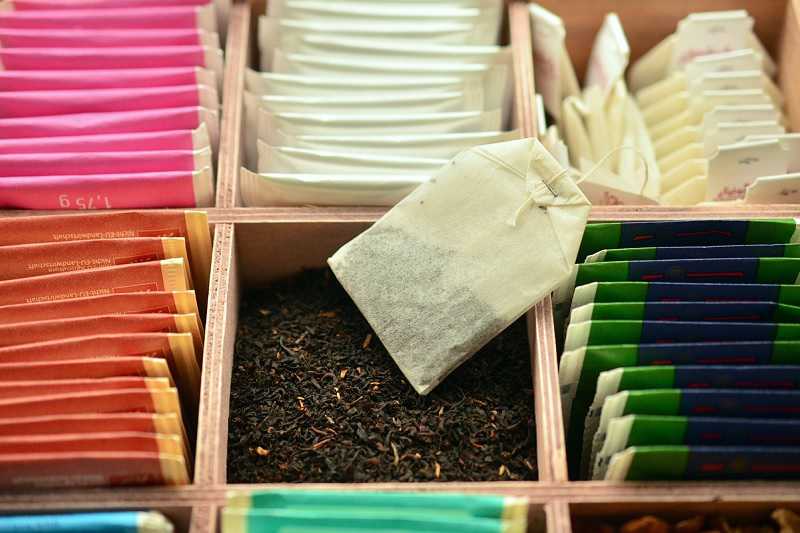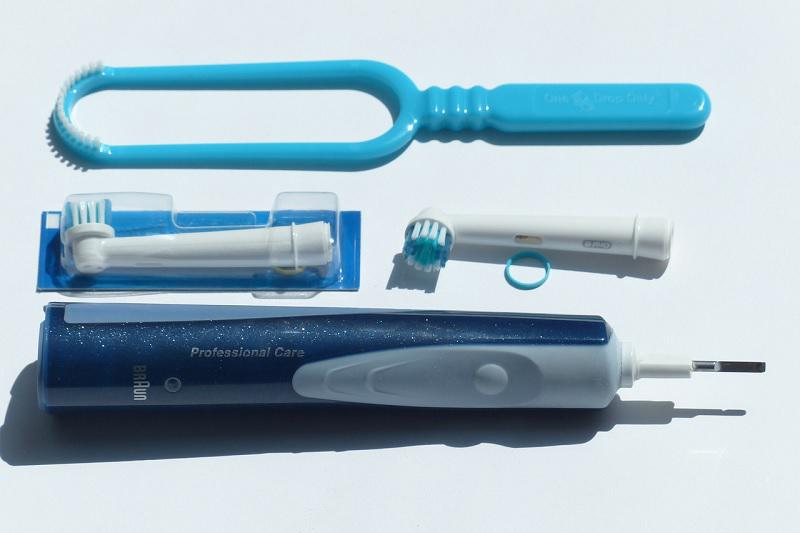Cotton pads are an essential part of most people’s health and beauty routines.
Because they’re so useful, versatile and inexpensive, these innocent-looking pads are found in almost every bathroom across the UK and get used almost every day.
They’re also plant-based and completely natural, so they’re biodegradable and good for the environment. Aren’t they?…
Actually, no.
The truth about cotton pads and their environmental impact is far from straightforward.
Let me explain why.
Yes, cotton is biodegradable but…
Cotton is a natural plant-based material and so will break down completely when disposed of. In other words, cotton pads are indeed 100% biodegradable.
But that doesn’t necessarily mean that they’re an eco-friendly choice.
Just think about how many cotton pads you use in a year if you’re using a couple every day.
Many people flush them down the toilet where they end up in the sewerage system, clog up the pipes, have to be pulled out by sewerage workers and then get thrown into landfill anyway. Once in landfill they take around five months to decompose.
Now, this might not seem like too much of a big deal when you first think about it- they biodegrade so that must be good, right?
But that means at least five months’ worth of cotton pads piling up before they decompose. Just imagine…
And cotton pads aren’t always made from 100% cotton…
What you think is a cotton pad probably isn’t cotton at all.
Even though you’ll see the words ‘cotton pads’ on the packaging, they’re often made from cheaper, oil-based synthetic materials such as polyester, polypropylene, nylon and polyethylene instead.
These materials are man-made and don’t exist in nature, so there aren’t any microorganisms that will break them down.
Like plastic bags, plastic straws and plastic bottles, these ‘fake cotton pads’ will never decompose and end up sitting in landfill for hundreds if not thousands of years.
And the cotton is usually grown using potentially harmful chemicals…
Even if you are using real cotton pads, you could still be adding to global pollution. You see, most cotton plants across the world are grown using harmful insecticides, pesticides and other toxic chemicals.
These chemicals leech into the sea, rivers and soils, killing wildlife and plants, and even harming the health of the cotton workers themselves.
Then once you’ve used that cotton pad and it ends up in landfill, any residual chemicals can seep back into the ground and harm the surrounding environment all over again.
What’s the alternative?
Don’t worry-it’s not all bad news! There are many ways you can enjoy the same convenience of using cotton pads without harming the environment quite as much. Here are some eco-friendly ways you can do that:
1. Buy 100% organic cotton pads
Organic cotton pads are easy to find in many high street shops across Britain and online.
We love these organic cotton pads by Organyc Beauty because they also come in fully biodegradable and composable packaging too.
Find them on Amazon and in your local branch of Holland and Barrett.
2. Choose reusable cotton pads
Better still, you can invest in some reusable cotton pads. These are just as easy to use and as convenient as disposable cotton pads, but you can just throw them into your washing machine when you’re done and use them all over again.
They’re usually very high quality and usually don’t stain, even when you cover them with black mascara!
Conclusion
To conclude, cotton pads are indeed biodegradable but they’re wasteful, often contain harmful chemicals and they’re often not made from real cotton anyway.
Make a greener choice and buy 100% organic cotton pads or switch to reusable, washable cotton pads instead so you can reduce your environmental impact whilst still taking care of yourself.

Charlotte Witts is a writer and entrepreneur who wants to show you how easy it is to live a more conscious, zero-waste lifestyle. A confirmed yoga-addict, trail runner and ocean-lover, she currently lives in the Azores where she enjoys the simple pleasures in life.



